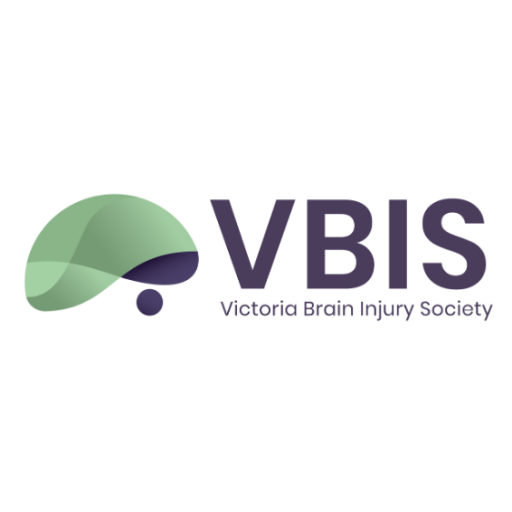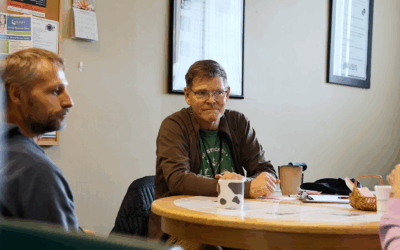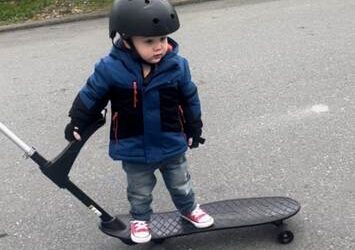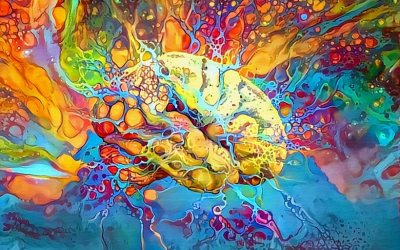
By Darian Colpitts
How brain injury affects family & friends
When a member of one’s family or social circle acquires a brain injury it can come with a host of new dynamics within this space. Some common changes include frustration between members, role reversals as members shift into caregiver roles, and anxiety for all parties. Brain injury can have a variety of effects on a loved one and may result in changes to their emotional regulation, behaviors, mobility, and cognition. It is important that the affected member is cared for and patience is in ample supply, but the wellbeing of the family and friends that support them needs to be managed as well.
Importance of a caregivers own health
If people do not pay attention to their own needs while caring for their loved one with a brain injury, they may suffer from caregiver burnout or fatigue. This can happen when they spend too much of their time attending to the needs of another and don’t have the resources to keep their own wellbeing in check. They may experience anxiety, depression, fatigue, and stress. Caregiver burnout is very common, occurring in approximately 60% of caregivers. It can be very stressful when one suddenly becomes a caregiver and they have to now juggle this new role with pre-existing roles they occupy in life, such as being a parent or spouse.
Some of the ways that caregivers can avoid burnout include carving out time for self-care and for doing activities they enjoy. Taking care of their mental and physical health by eating well, exercising, spending time with loved ones in a non-caregiver capacity, and seeking out help from a mental health profession are all ways to mitigate burnout.
Asking for help from others and learning to say ‘no’ to additional tasks can feel daunting, but they are also important steps to take to avoid burnout. Aside from asking other family members to help with caregiving responsibilities, there are respite services available in Victoria that allow one to contract professional help when they need some time away from their responsibilities. Respite care allows people to attend to other aspects of their life, such as going to appointments, going shopping, and taking a much deserved vacation.
VBIS also has resources available to loved ones of someone with a brain injury. Families and friends can get support from case managers one-on-one as they learn to navigate the complexities of being a caregiver. There is also a group available to family and friends to discuss with others their experience without judgment. This group may be helpful in allowing loved one’s to feel less alone in this process and to feel more connected with people who are going through the same thing. The Acquired Brain Injury 101 course is also available for free to friends and family as a way to help them better understand brain injury and what their loved one may be experiencing. You can read more about these resources here: https://vbis.ca/family-support/
Loved ones are the first points of care for many people who have experienced a brain injury. However, because of their proximity and love for this person they are at risk of caregiver burnout. It is important for them to acknowledge when they may be feeling like their caregiving roles are becoming too much and seek help when they suspect they need it. This will help not only the caregivers wellbeing, but also the person being cared for. Reach out to VBIS if you feel like you are interested in our services for family and friends or if you are looking for other options to reduce caregiver burnout.
References:
https://my.clevelandclinic.org/health/diseases/9225-caregiver-burnout



